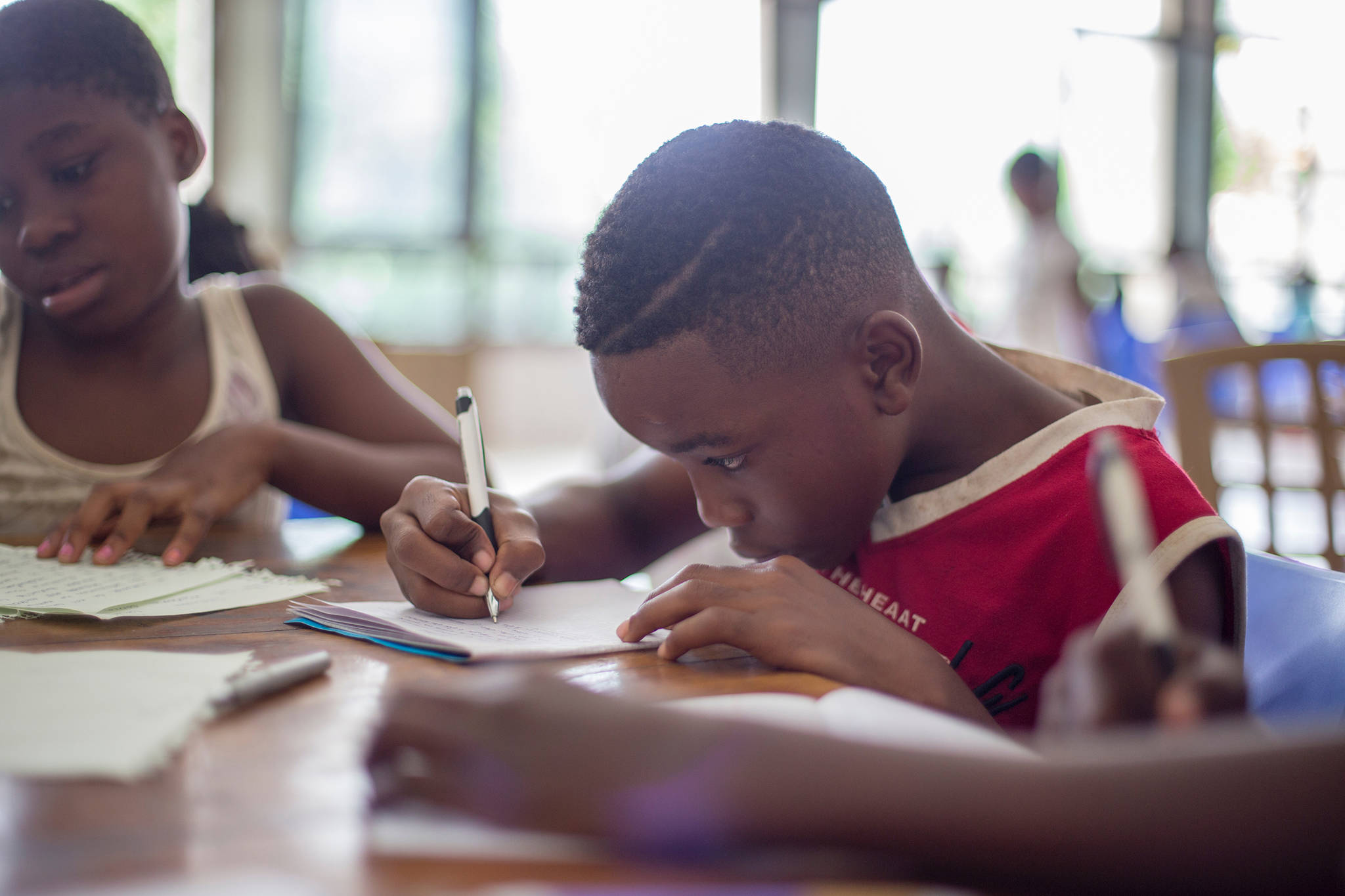“I fear that the soft bigotry of low expectations is returning, and for the sake of America’s children, that is something we cannot allow. […] Whatever difficulties we face, they will not be addressed by weakening accountability.” — President George W. Bush, 2014
President Bush’s quote above was addressing what he saw as a growing threat to education in the U.S. After almost 50 years of incremental improvements in educational accountability, he sensed a loss of momentum as some education administrators, teachers’ unions, school boards, and even parents resisted raising standards and clearly delineating consequences for educators and students who failed to meet them.
This hit home last week when the Anchorage Daily News reported that, “For the second year in a row, more than half of Alaska students fail to meet grade-level standards.”
This is also borne out when looking at nationwide testing scores over the past 20 years.
Known as The Nation’s Report Card, the National Assessment of Educational Progress (NAEP) has gauged student academic performance since 1969. Unlike state testing where “proficient” is defined as “at grade level,” NAEP “proficient” means “competency over challenging subject matter.”
Results are reported by state and gender, race and ethnicity, and school location.
In Chicago schools, NAEP scores show rapid gains in math and reading for the 10-year period beginning in 2003 but that have leveled off over the last five years.
Why should we be interested in national or Chicago school performance?
While the trend in the U.S. reflected rising academic achievement and then leveling off, Alaska’s NAEP scores were just the opposite. Instead, most Alaska scores have been consistently level or trending down. In 2017, they had declined to approximately those found in Chicago inner-city schools – significantly below national averages.
In plain language, Alaska NAEP scores reflect fewer than 31 percent of Alaska’s 4th and 8th grade students were proficient in math.
School administrators argue NAEP testing doesn’t address Alaska’s unique geographic and demographic characteristics – making comparisons unfair.
Perhaps, but 82 percent of Chicago’s 2017 school population qualified as low income and over 86 percent as racial minorities. This compares to Alaska that has fewer than 50 percent of its students qualified as low income and 53 percent as racial minorities.
Yet, these two student groups score higher in Chicago schools than they do in Alaska. In Fiscal Year 2016, Alaska spent $17,510 per student – one of the highest per pupil expenditures in the country – almost 50 percent higher than the national average.
What is Chicago doing that Alaska is not?
Recently released Alaska statewide math testing, called PEAKS, while not directly comparable, show 47.5 percent of students performing at grade level in 4th grade but only 29.7 percent are proficient in 8th grade and 22.5 percent in 9th grade.
Statewide PEAKS performance overall increased marginally from 2017, but there is no way to describe these results as anything other than abysmal.
Anchorage, Fairbanks and Juneau school district results were all above the statewide average but still less than half of their students were proficient in Math and English.
I was born and raised in Juneau and my children attended Glacier Valley, Floyd Dryden and Juneau-Douglas High School. I always felt that I, and my children, received an excellent K-12 education.
Over time, reform efforts have seemed to focus more on social problems, more administrators and experimental programs. None have significantly increased student achievement.
Our state and municipalities can continue to pump more money into our school districts, but locally elected school boards are responsible for hiring and guiding administrators to achieve the best results.
We all know there are good teachers and administrators who genuinely care for kids and work hard in our schools. But the system currently in place doesn’t reward them or allow them to excel.
It’s incumbent upon our school boards and educators to stop blaming our lack of educational achievement solely on lack of funding. While a factor, it does not explain the scope of the challenge. Parents also need to take responsibility for raising the achievement expectations of their children. One way they can do that is to hold the system accountable.
As a voter, this is where you can make a difference.
Make your vote count.
• Win Gruening retired as the senior vice president in charge of business banking for Key Bank in 2012. He was born and raised in Juneau and graduated from the U.S. Air Force Academy in 1970. He is active in community affairs as a 30-plus year member of Juneau Downtown Rotary Club and has been involved in various local and statewide organizations. He contributes a regular column to the Juneau Empire. My Turns and Letters to the Editor represent the view of the author, not the view of the Juneau Empire.

